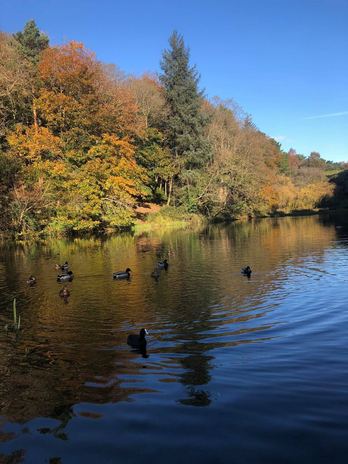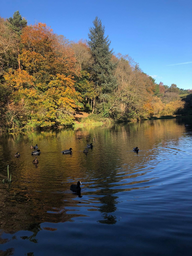‘Tír gan tenaga, tír gan anam’ – a country without a language is a country without a soul.
This is saying that anyone who’s everyday set foot in an Irish class will know all too well, but what does it really mean? And how can we continue to incorporate the Irish language into our everyday lives?
Assuming that you’re not from a Gaeltacht area, or went to a Gaelscoil, it can be difficult to find the confidence to speak in our native language. – Ach, mar a deir na séanfhocal (as the old Irish proverb says) Tús maith leat na oibre! (A good start is half the work).
Simple sayings like dia duit (hello), slán (goodbye) and conas atá tú (how are you) are phrases that we have been using since Junior Infants. If four-year olds can do it- why can’t we?
If you want to step it up a notch, you could sprinkle in some words like go hálainn/ar fheabhas (lovely/brilliant), mas é do thoil é (please) or go raibh maith agat (thank – you).
In order to be a little bit more adventurous you could try adding some phrases like fluich go craiceann (soaked to the skin), in umar na aimhléise (in the depths of depression) or áthas an domhain orm (over the moon) to your vernacular.
It only takes one person to make an effort and once you start using these phrases, you’ll be surprised with how many people will understand and interact with you as gaeilge as a result.
We tend to underestimate the value and the impact of the Irish language. We forget to recognise the reason why it is no longer our native tongue.
Speaking as gaeilge is a way for us to take back our power, our culture and our heritage. It’s a way to show that we’re proud of where we come from and where we are now.
Of course, for those who may not be from Ireland, the Irish language can be a tricky one to get to grips with. It’s important to note that Google Translate is not your friend!!!
Instead, try using some online dictionaries that haven’t been created by actual Irish speakers – téarma.ie , teanglann.ie and focloir.ie will all be your friends.
Above all else though – HAVE FUN! Play around with what you want to say and how you can say it. Make mistakes, ask questions and keep trying.
And remember – Is fearr Gaeilge bhriste ná Béarla cliste! It’s better to have broken Irish than perfect English.
Go n-éirigh an t-ádh leat! (Best of luck!!)



